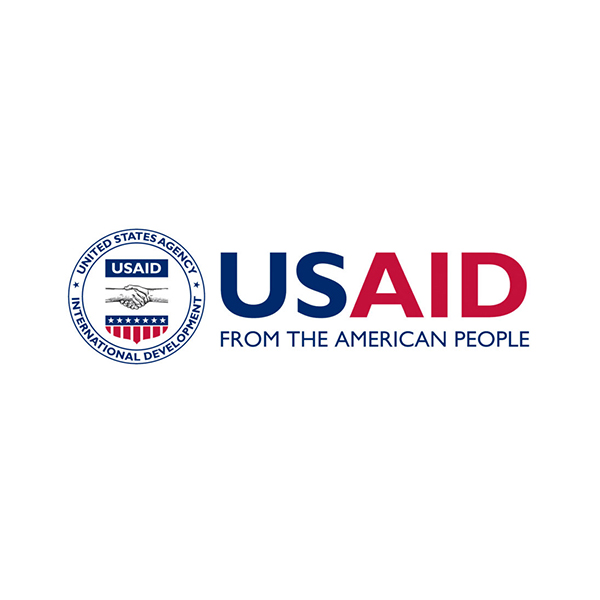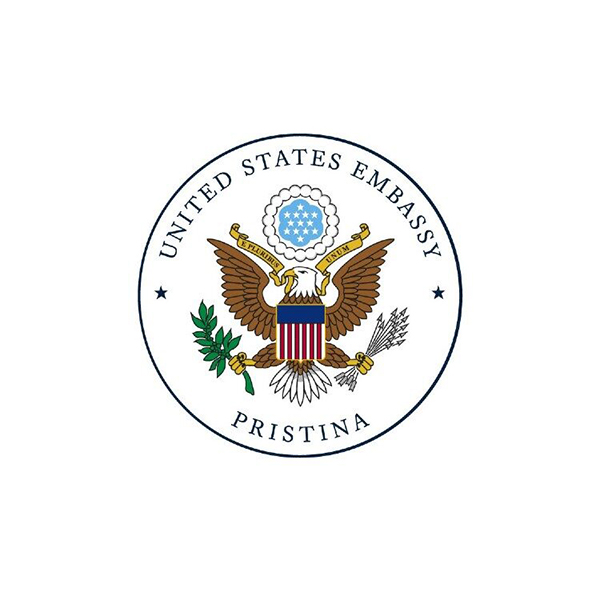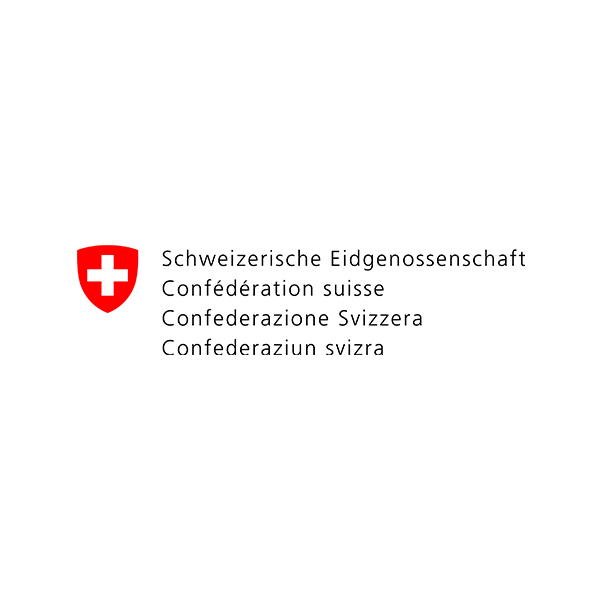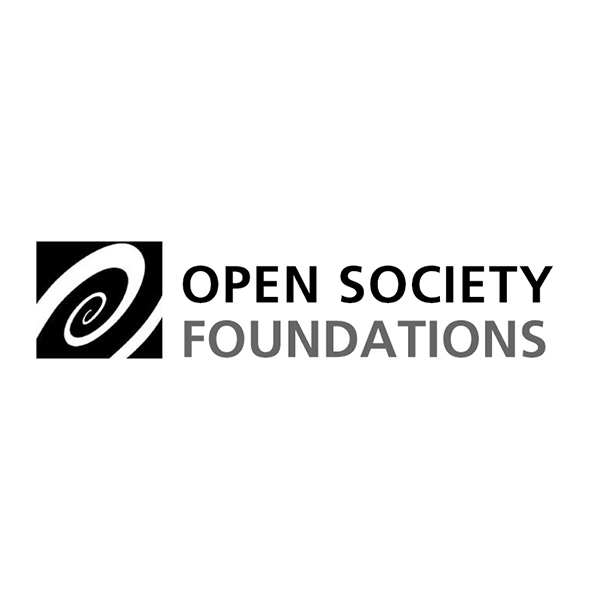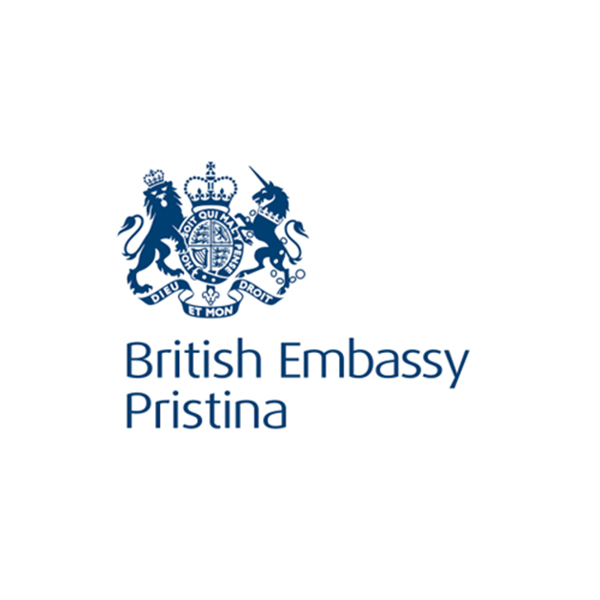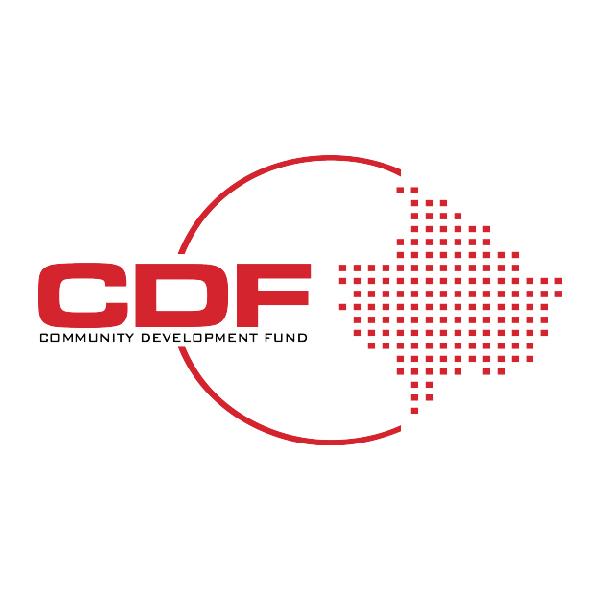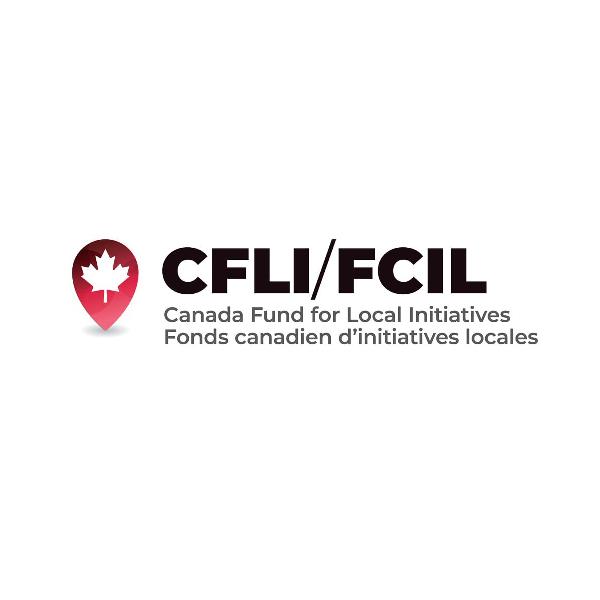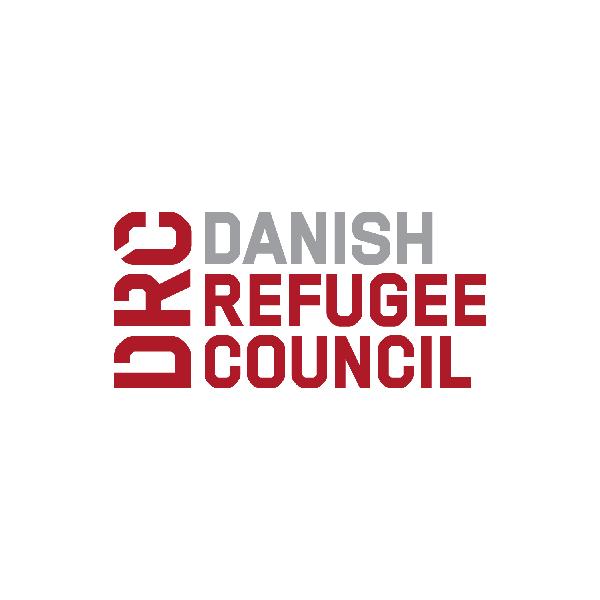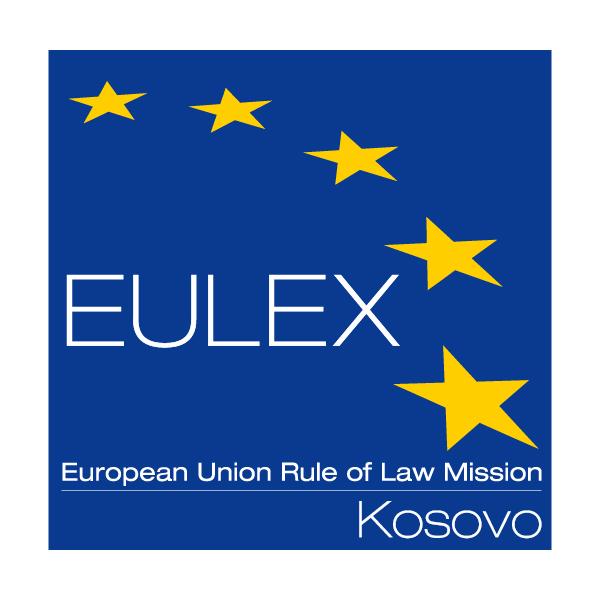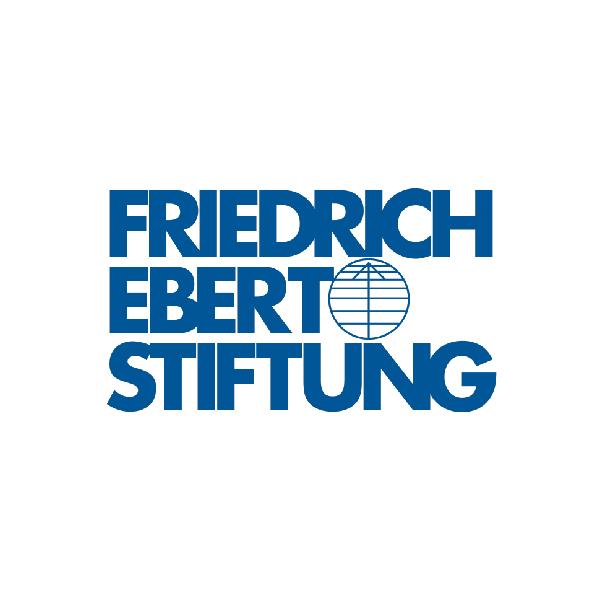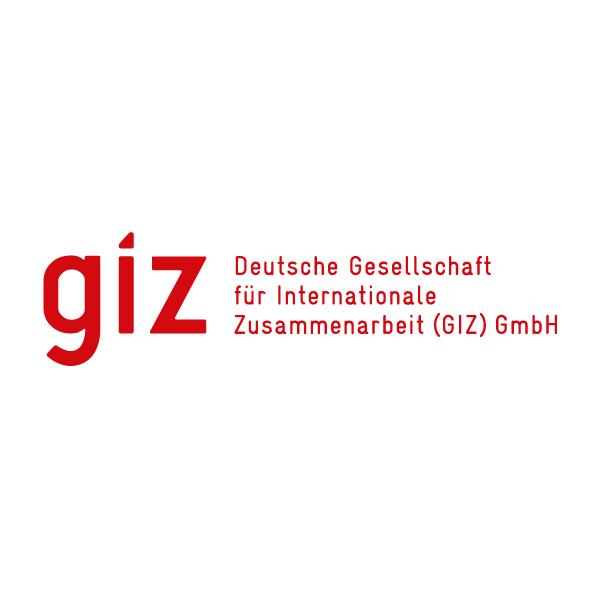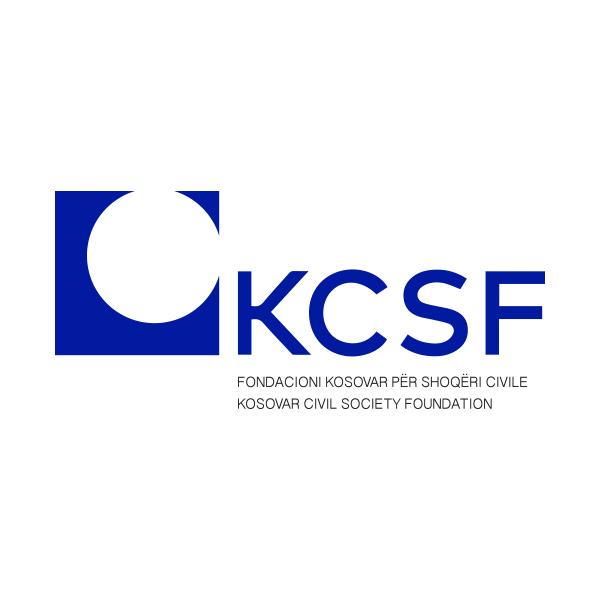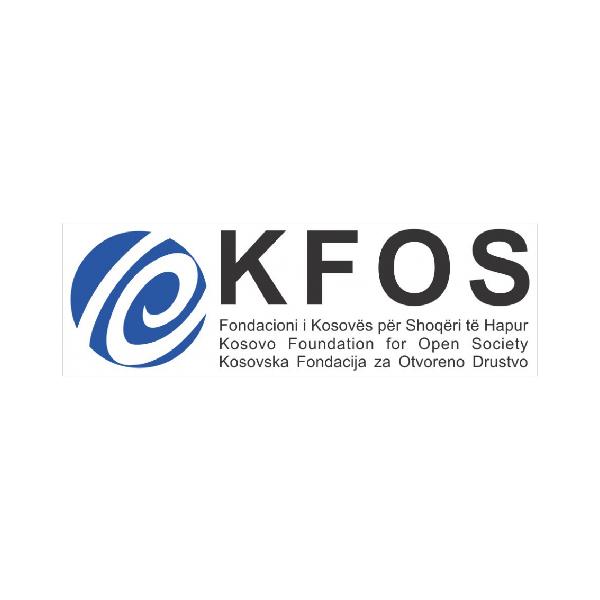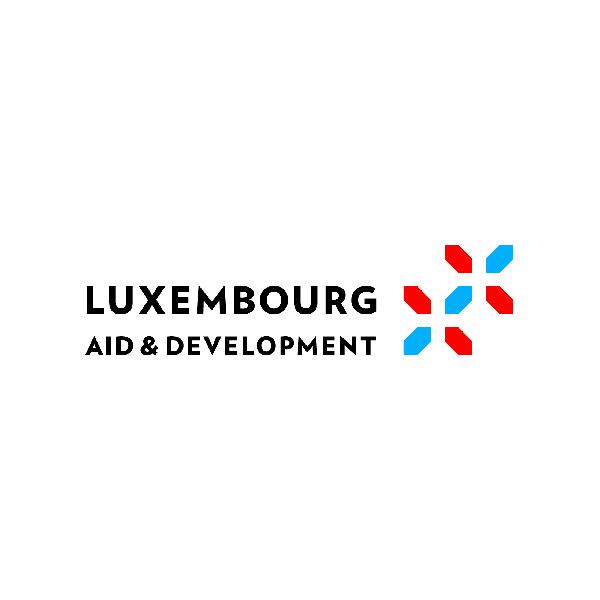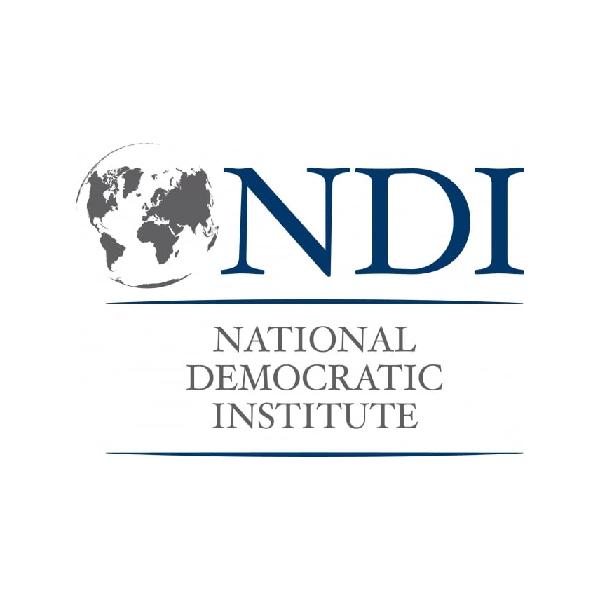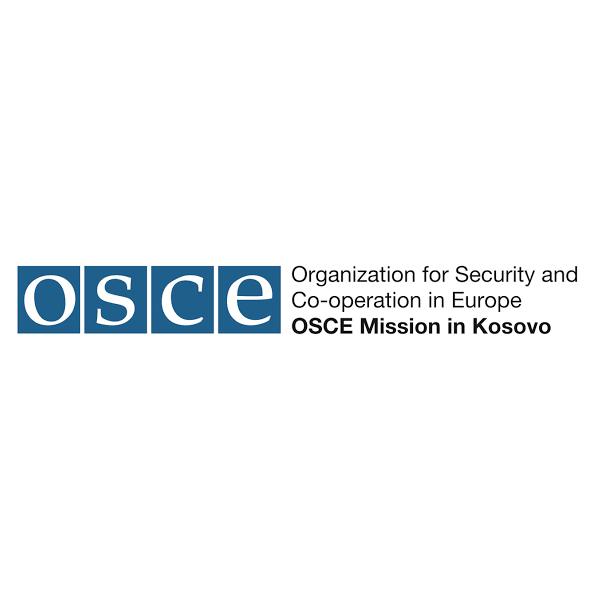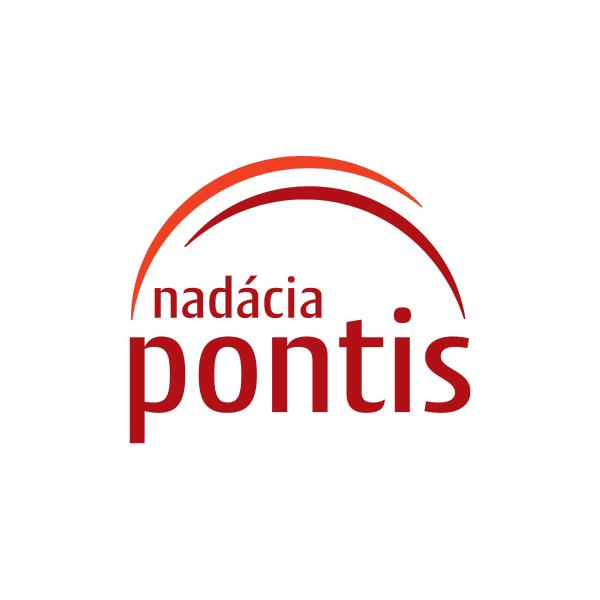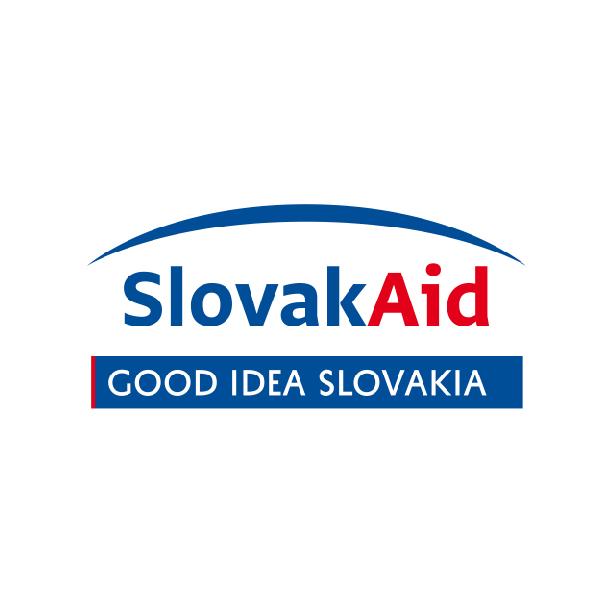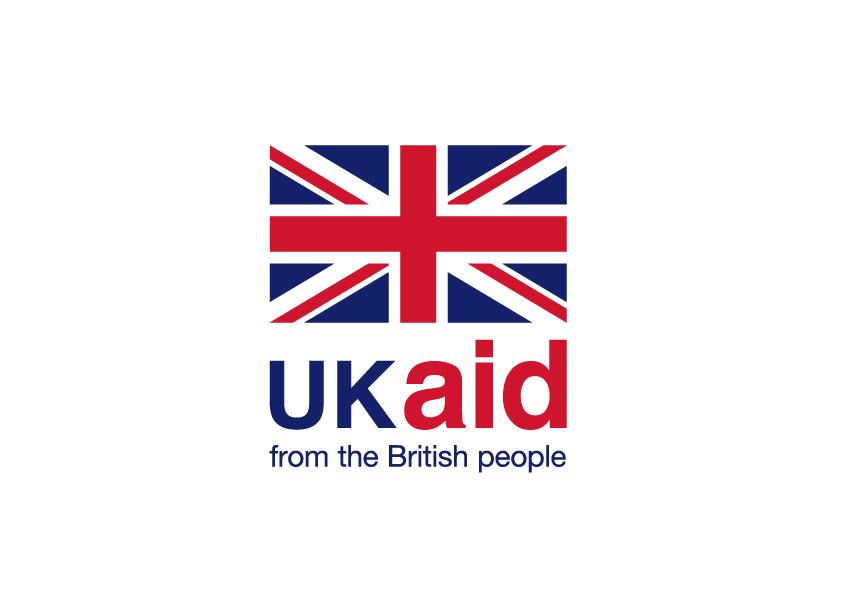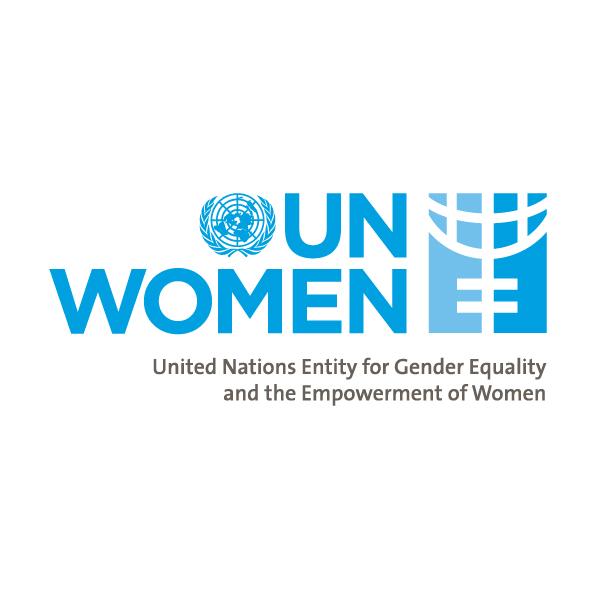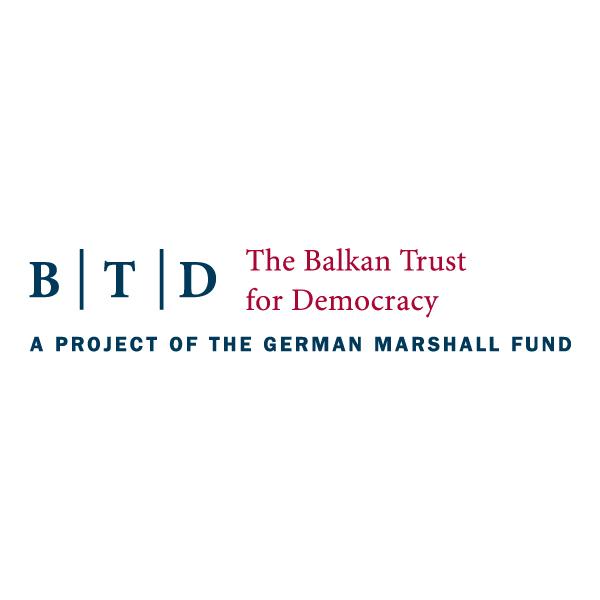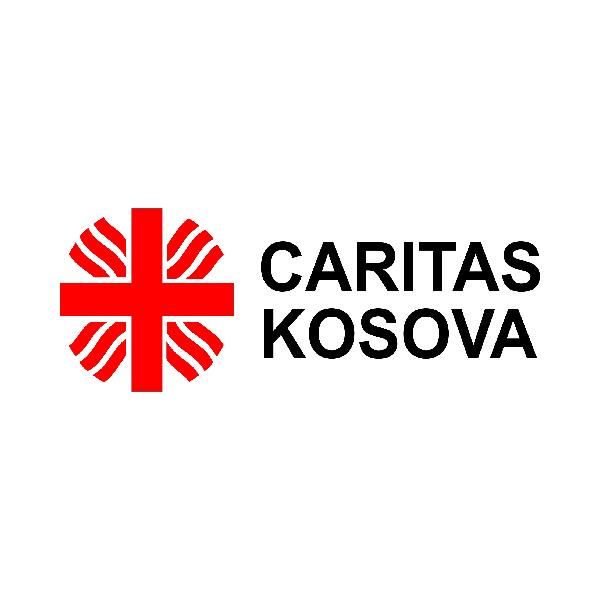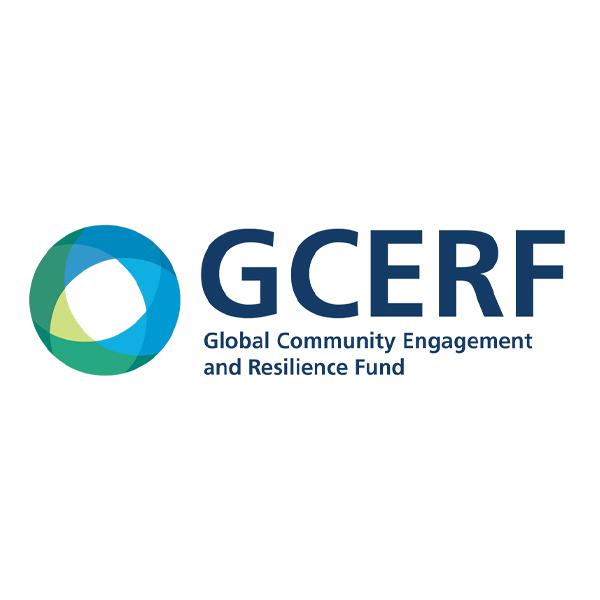On September 27 and 28, a two-day conference “Building Trust, Strengthening Communities: A Conference on Local Governance Transparency” was held in Pristina, where representatives of government bodies, civil society organizations and the media discussed the possibilities of a local response to corruption.
The participants of the conference said that the fight against corruption is important for all communities in Kosovo, that greater transparency of not only local but also central institutions is needed, as well as better cross-institutional cooperation.
Tamra Greig, director of the U.S. State Department’s Bureau of International Narcotics and Law Enforcement Affairs (INL), and Miodrag Milićević, executive director of the NGO Aktiv, were key note speakers at the opening, which was followed by discussions in two panels.
At the first panel “Bridging Integrity: Strategies for a Corrupt-Free Kosovo, Yll Buleshkaj, director of the Agency for the Prevention of Corruption, Ehat Miftaraj, director of the Kosovo Law Institute, and Ismet Kryeziu, executive director of the Kosovo Democratic Institute, discussed the path to a corruption-free Kosovo, innovative strategies and cooperation frameworks, which could serve as a unifying force against corruption.
“Every institution has a legal obligation to defend its integrity, including local institutions and associations. Our goal from the beginning was to have the same attitude towards citizens and towards all institutions in Kosovo. Cooperation is very important, and the work of the Agency itself contributes to transparency”, said the director of the Agency for the Prevention of Corruption, Yll Buleshkaj.
On the second panel, “Unmasked Governance: Illuminating Institutional Transparency”, spoke Bezad Halilaj, Deputy Auditor General, Krenare Sogojeva Dermaku, Commissioner for Information and Privacy, and Muhedin Nushi, Political Advisor at the Ministry of Education, Science, Technology and Innovation. Panelists discussed the critical role that transparent governance plays in building a strong and participatory democracy.
On the second day of the conference, creative solutions and a digital response to transparency were discussed. At the third panel “Driving Change Through Innovation: Exploring Creative Methods for Civic Activism and Engagement Strategies”, intervention through a combination of innovation and civic engagement was discussed. It was pointed out that creative strategies and digital platforms can be a catalyst for transformative changes. Dušan Radaković, executive director of the Advocacy Center for Democratic Culture, Marigona Shabiu, director of the Youth Initiative for Human Rights in Kosovo, and Allen Meta, from D4D, spoke on this panel.
“Decoding Transparency: Redefining Kosovo’s Anticorruption Narrative”, was the name of the fourth panel during which the role of the media in fostering digital transparency and accountability was discussed. It was pointed out that through digital platforms, the media in Kosovo have the power to shed light on many issues of public importance, thereby contributing to the culture of transparency. Labinot Leposhtica, from BIRN Kosovo, Ardiana Thaçi Mehmeti, journalist of TV Klan Kosova, and Isak Vorgučić, director of RTV Kim from Čaglavica, spoke about this.
The journalists indicated that the use of digital technologies, including social networks, helps them to expose corruption, and especially nepotism. On this occasion, the journalists pointed out that there can be no efficient and effective fight against corruption in a society without the media. But there are numerous problems.
“There are media looking for sources of funding where they will support independent reporting and where they will support investigative journalism, topics like corruption. And you have media that runs away from it and has funding sources that are close to governments. So, I don’t expect those media to deal with it and to produce stories that are tricky for their financiers”, said the director of Kim Radio, Isak Vorgučić.
On the other hand, there are examples when journalists try to “push” the work of the prosecution. Labinot Leposhtica from BIRN Kosovo says that there are positive examples of journalistic stories on corruption, after which indictments were brought.
“We usually send directly to the state prosecutor’s office or there is a basic prosecutor’s office in each of the regions and we hold them accountable. They say we can’t follow the media, we haven’t seen that research, we don’t know, we’re not familiar with it, and when we send it directly to them, there’s no draw,” said Leposhtica.
The participants of the conference agreed on the formation of an informal group that will monitor developments in the fight against corruption in minority communities.
During the conference, the addition of the Aber application for reporting corruption in the languages of non-majority communities, the analysis of “Corruption in our everyday life” and the analysis of “Transparency in the work of the local self-government of the municipality of Štrpce” were presented.
This conference is part of the project “Strengthening transparency and the rule of law in Serbian municipalities in Kosovo”, which is being implemented with the financial support of the Bureau of International Narcotics and Law Enforcement Affairs (INL).






